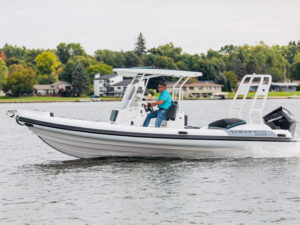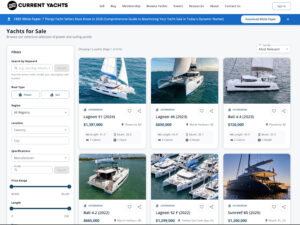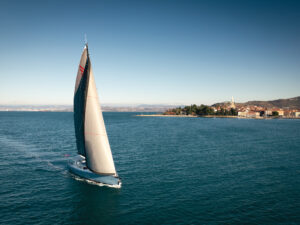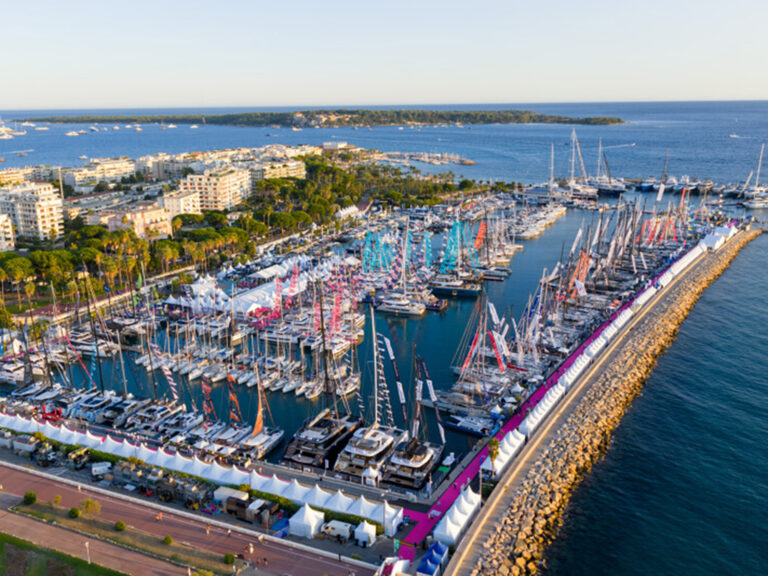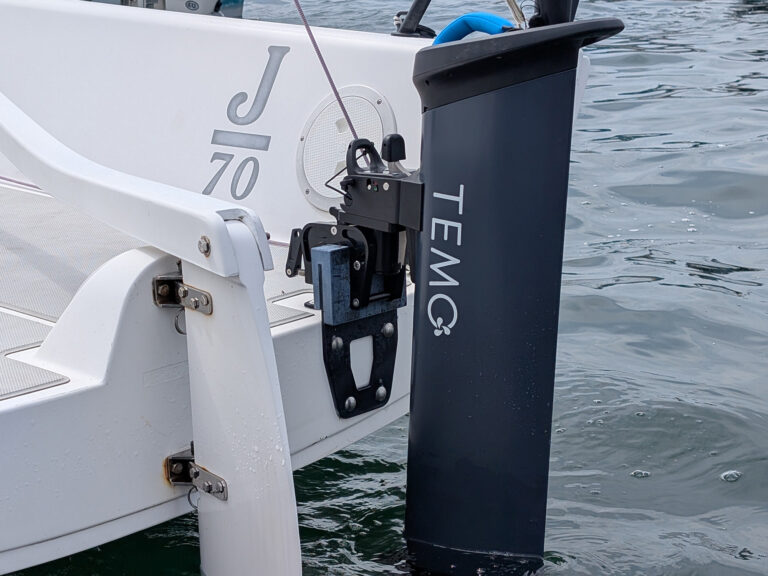
DestEurope
Apparently, a single currency isn’t the only sign of monetary change in the European Union.
The application of a value-added tax (VAT) to non-EU boats has long been a flashpoint for cruising sailors. Until recently, it meant a whopping 15 to 25 percent applied to the value of any non-EU boat that stayed within the European Union longer than six months out of any 12-month period. The VAT laws angered not only non-EU sailors, many of whom chose to avoid Europe altogether rather than pay the tax, but also Europe’s coastal merchants, whose survival depended on foreign boats. EU countries include plenty of prime sailing grounds-and chandleries and shops-among member countries France, Germany, Italy, Belgium, the Netherlands, Luxembourg, Spain, Portugal, Greece, Great Britain, Ireland, Denmark, Finland, Sweden, and Austria.
But some European officials appear to be applying the tax less stringently than before. Recent letters from two sailing couples cheerfully remarked on the absence of the “dreaded VAT man” and told of an informal policy of looking the other way even after officials examined boats and documents. Craig Mundt and his wife took Mayfair, their 43-foot Moody Eclipse, to Brittany, on the northwest coast of France, and noted that a visit from a customs officer included his announcement that “non-EU boats may now stay in French waters up to two years without encountering” the VAT. Michel Esteve, assistant to the consul of the French Embassy in Washington, D.C., concurred. He said that French customs officials months ago started abiding by a two-year visit limit, which allows non-EU boats to stay up to two years, leave for a day, then return for another two years without becoming subject to VAT. In past years, France, of all the EU nations, had the reputation for applying the six-month limit most strictly.
The change, said Esteve, has been discussed for a year, and he predicted that it would be official by June at the earliest, by December 1999 at the latest, effectively wiping out France’s 20.6-percent VAT on boats visiting for up to two years. The law “would be union-member wide,” he said. “It is a regulation in practice already.”
But the EU is a many-headed monster. As far as Brussels is concerned, nothing regarding pleasure boats in the EU has changed. Ella Krucoff, spokesperson for the EU in Washington, D.C., conceded that member countries comply with directives from Brussels somewhat differently and that tax rates vary. But she is firm that, without a legislative change in the law from Brussels to accept the two-year limit, “it can’t be assured as law, or applied everywhere throughout the EU.” And there is no word from Brussels whether such a proposal actually exists.
If you’re planning a European trip, look into the latest developments. The current law applied to non-EU sailors comes in parts: first is the commission regulation (no. 2454/93) applying community customs codes, published in the Official Journal of the European Communities, article 723, paragraph 5 (L253, vol. 36, Oct. 11, 1993). The actual VAT law is contained in council directives, which are comparable to IRS tax rules.

